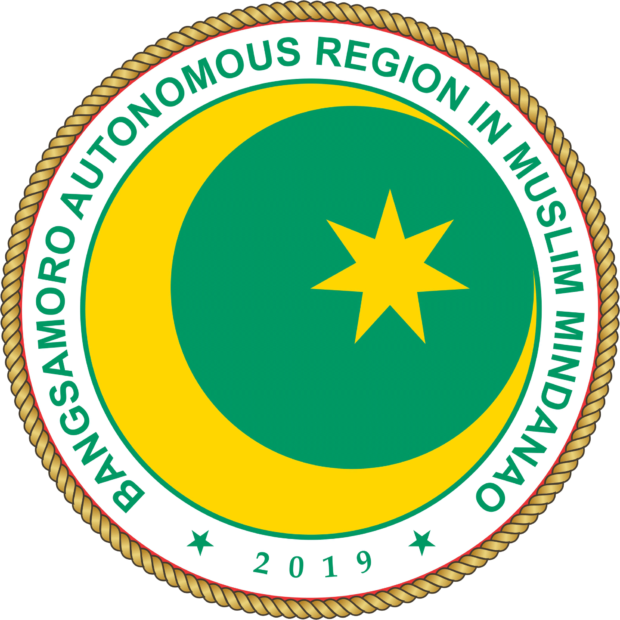BARMM official rejects call to conduct mid-term review
MANILA, Philippines — An official of the Bangsamoro Autonomous Region in Muslim Mindanao (BARMM) has rejected the call to conduct a mid-term review on the implementation of the Bangsamoro Organic Law (BOL).
BARMM Interior and Local Government Minister Naguib Sinarimbo said Congress has exercised oversight powers of review on laws only after five to 10 years of enactment, on average.
“You do not conduct a review in less than two years,” he said in a statement over the weekend.
He noted that Republic Act 6734, the first charter of the defunct Autonomous Region in Muslim Mindanao (ARMM), was passed in 1988, but was reviewed only after 12 years in 2000 for the passage of its amendments in Republic Act 9054 in 2001.
In the same manner, RA 9054 was reviewed 16 years later for its eventual amendment in 2018, with the passage of BOL, the law creating BARMM, ratified in plebiscites in January and February 2019.
Article continues after this advertisementHe made the remark after Basilan Rep. Mujiv Hataman called for an exhaustive midterm review on the BARMM transition period.
Article continues after this advertisementThis should be done before discussing the possibility of an extension, Hataman said.
The Bangsamoro Transition Authority has earlier pushed for an extension of its expiration from 2022 to 2025, or three years more.
Hataman said he will file a resolution on Monday calling for a midterm review.
Sinarimbo said BOL does not touch on the legislature’s oversight powers as mode of review of BARMM compliance with the peace agreement entered into by the Philippine government and the Moro Islamic Liberation Front (MILF) in 2014.
Instead, the peace agreement provides for specific mechanisms for the conduct of review on the fledgling autonomous region as an instrument of peace settlement.
Sinarimbo said the law names specific forums by which a review on bilateral compliance by parties to the peace agreement, is supposed to be carried out.
These are either through the Government and MILF Peace Panels reconstituted; or by the Third Party Monitoring Team (TPMT).
Both forums, he said, have already conducted their independent reviews of bilateral compliance, and the results were that the parties to the peace pact have hardly completed 10% of the provisions of the agreement.
On the normalization alone, only 12,450 of the 40,000 MILF combatants have been decommissioned as provided in the Comprehensive Agreement on the Bangsamoro (CAB) signed in Malacanang in 2014, he pointed out.
For the 12,450 decommissioned combatants, only 10% of the committed normalization package (comprising cash, livelihood assistance and scholarship program) have been delivered, Sinarimbo said.
“Both forums, or review mechanisms have concurred into the fact that a three-year period was too short to complete the Normalization Process alone,” he said.
“Much of the work needed to establish a new set up of government has been adversely affected by changes in terms of priorities during the Covid-19 pandemic,” Sinarimbo added.
